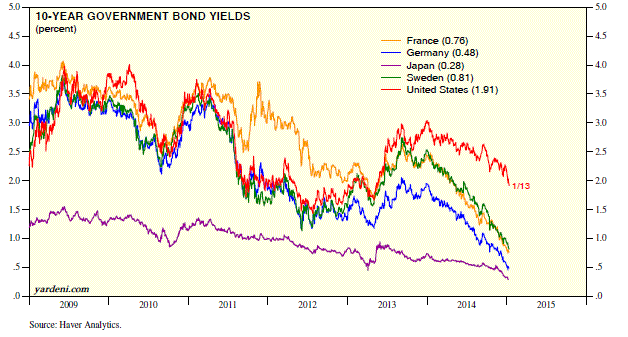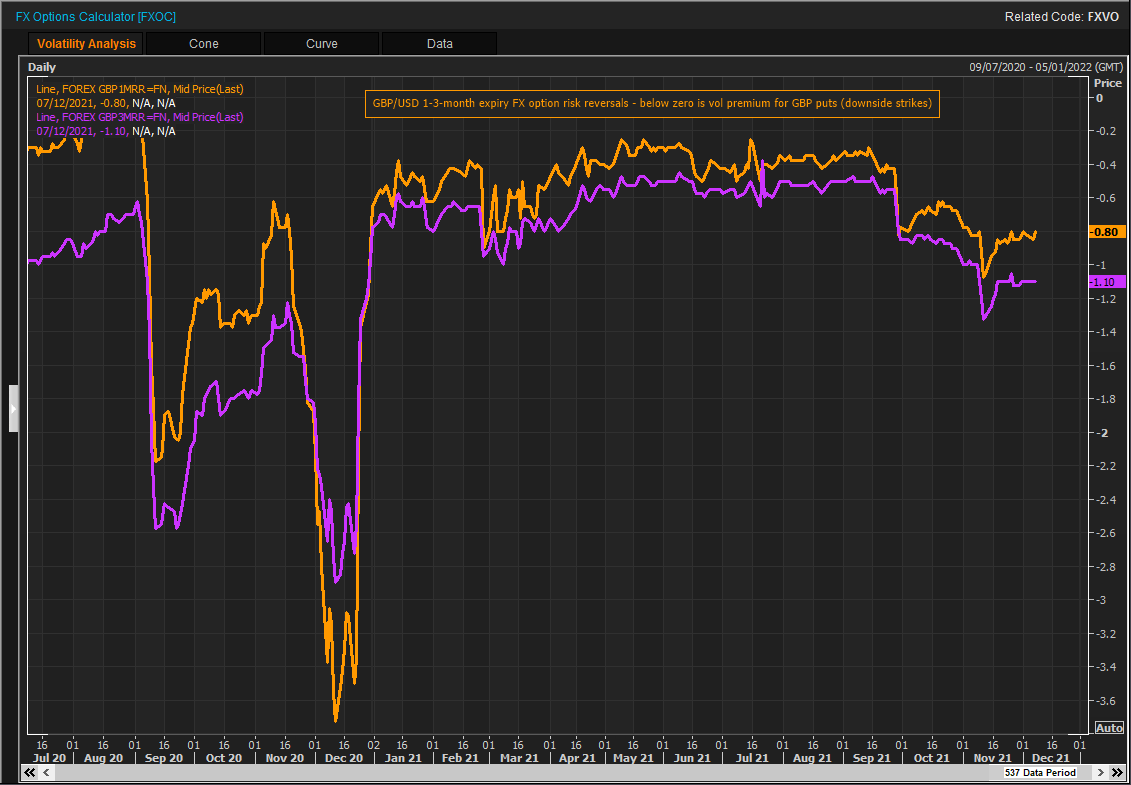
Pre-Market Trading is one of the fastest and easiest ways to make money from the stock exchange. This strategy involves analyzing the market's movements prior to its opening hours. This strategy gives you the ability to react to changes and news before the general market. It isn't without risks. Let's examine a few things that you should know before you even consider this strategy.
Pre-market trading is a method of examining the market movements before its opening hours
Pre-market trading, as the name implies, focuses on market movements prior to the regular market opens. One hour before the New York markets open, important economic data will be released at 8:30 AM EST. The market's reaction to these data can influence price movements and set an atmosphere for the rest of the day. Although it's difficult to predict the exact timing of data releases, investors can often use these numbers to assess market trends and make informed trading choices.

It allows investors quickly to respond to breaking news
The impact of news on stock prices has been the subject of much recent debate, with a focus on the effects of algorithmic trading and high-speed information delivery. While the impact of media analytics can be significant, it should not be confused with the news itself. News can affect stock prices for many reasons, including short-term volatility that can negatively impact portfolios. However, it is crucial for policymakers to understand how news can affect stock prices.
It is convenient
Pre-market trading strategies offer convenience as one of their greatest benefits. It is a good choice for DIY investors. It's not always possible to trade during the regular market hours. Pre-market trades allow you to get started early in the morning. This is ideal for busy schedules. A day trader can trade stocks before the markets open if necessary.
It is risky
Knowing when to exit a trade is key to successful trading. The pre-market is difficult to access liquidity, which can lead to misjudging stock prices or sentiment. One example of this is when a biotech ticker publishes a news article at 7 a.m. It rockets up quickly to $7.80 within 20 minutes. All sales stop suddenly for the biotech stock. If you don’t know when to quit, it’s easy to lose your entire money.

It is safer that after-hours trading
After-hours trading carries significant risks. The market has a lower trading volume, which reduces liquidity and increases volatility. It also makes it harder to execute good trades. Traders may have to move further away from their bid price in order to secure a trade. Beginners should not invest after hours. This article will provide more details. This article will explore the benefits and risks of after-hours trading.
FAQ
What's the difference between the stock market and the securities market?
The entire market for securities refers to all companies that are listed on an exchange that allows trading shares. This includes stocks and bonds, options and futures contracts as well as other financial instruments. Stock markets are typically divided into primary and secondary categories. Stock markets that are primary include large exchanges like the NYSE and NASDAQ. Secondary stock markets let investors trade privately and are smaller than the NYSE (New York Stock Exchange). These include OTC Bulletin Board, Pink Sheets and Nasdaq SmallCap market.
Stock markets are important because it allows people to buy and sell shares in businesses. The price at which shares are traded determines their value. New shares are issued to the public when a company goes public. Dividends are paid to investors who buy these shares. Dividends are payments made to shareholders by a corporation.
In addition to providing a place for buyers and sellers, stock markets also serve as a tool for corporate governance. Shareholders elect boards of directors that oversee management. The boards ensure that managers are following ethical business practices. If a board fails in this function, the government might step in to replace the board.
What is the difference between non-marketable and marketable securities?
The main differences are that non-marketable securities have less liquidity, lower trading volumes, and higher transaction costs. Marketable securities can be traded on exchanges. They have more liquidity and trade volume. They also offer better price discovery mechanisms as they trade at all times. However, there are some exceptions to the rule. For instance, mutual funds may not be traded on public markets because they are only accessible to institutional investors.
Non-marketable securities can be more risky that marketable securities. They are generally lower yielding and require higher initial capital deposits. Marketable securities tend to be safer and easier than non-marketable securities.
A large corporation bond has a greater chance of being paid back than a smaller bond. The reason for this is that the former might have a strong balance, while those issued by smaller businesses may not.
Investment companies prefer to hold marketable securities because they can earn higher portfolio returns.
Why is it important to have marketable securities?
An investment company's primary purpose is to earn income from investments. It does this by investing its assets into various financial instruments like stocks, bonds, or other securities. These securities are attractive to investors because of their unique characteristics. They can be considered safe due to their full faith and credit.
Marketability is the most important characteristic of any security. This refers to how easily the security can be traded on the stock exchange. Securities that are not marketable cannot be bought and sold freely but must be acquired through a broker who charges a commission for doing so.
Marketable securities include common stocks, preferred stocks, common stock, convertible debentures and unit trusts.
These securities are preferred by investment companies as they offer higher returns than more risky securities such as equities (shares).
How do you choose the right investment company for me?
You should look for one that offers competitive fees, high-quality management, and a diversified portfolio. Fees vary depending on what security you have in your account. Some companies charge no fees for holding cash and others charge a flat fee per year regardless of the amount you deposit. Others charge a percentage based on your total assets.
Also, find out about their past performance records. You might not choose a company with a poor track-record. You want to avoid companies with low net asset value (NAV) and those with very volatile NAVs.
Finally, you need to check their investment philosophy. Investment companies should be prepared to take on more risk in order to earn higher returns. If they aren't willing to take risk, they may not meet your expectations.
Statistics
- "If all of your money's in one stock, you could potentially lose 50% of it overnight," Moore says. (nerdwallet.com)
- Ratchet down that 10% if you don't yet have a healthy emergency fund and 10% to 15% of your income funneled into a retirement savings account. (nerdwallet.com)
- The S&P 500 has grown about 10.5% per year since its establishment in the 1920s. (investopedia.com)
- Individuals with very limited financial experience are either terrified by horror stories of average investors losing 50% of their portfolio value or are beguiled by "hot tips" that bear the promise of huge rewards but seldom pay off. (investopedia.com)
External Links
How To
How can I invest my money in bonds?
A bond is an investment fund that you need to purchase. The interest rates are low, but they pay you back at regular intervals. You make money over time by this method.
There are many ways you can invest in bonds.
-
Directly buying individual bonds.
-
Buy shares of a bond funds
-
Investing through a bank or broker.
-
Investing through an institution of finance
-
Investing in a pension.
-
Directly invest through a stockbroker
-
Investing with a mutual funds
-
Investing through a unit-trust
-
Investing through a life insurance policy.
-
Investing through a private equity fund.
-
Investing in an index-linked investment fund
-
Investing through a hedge fund.